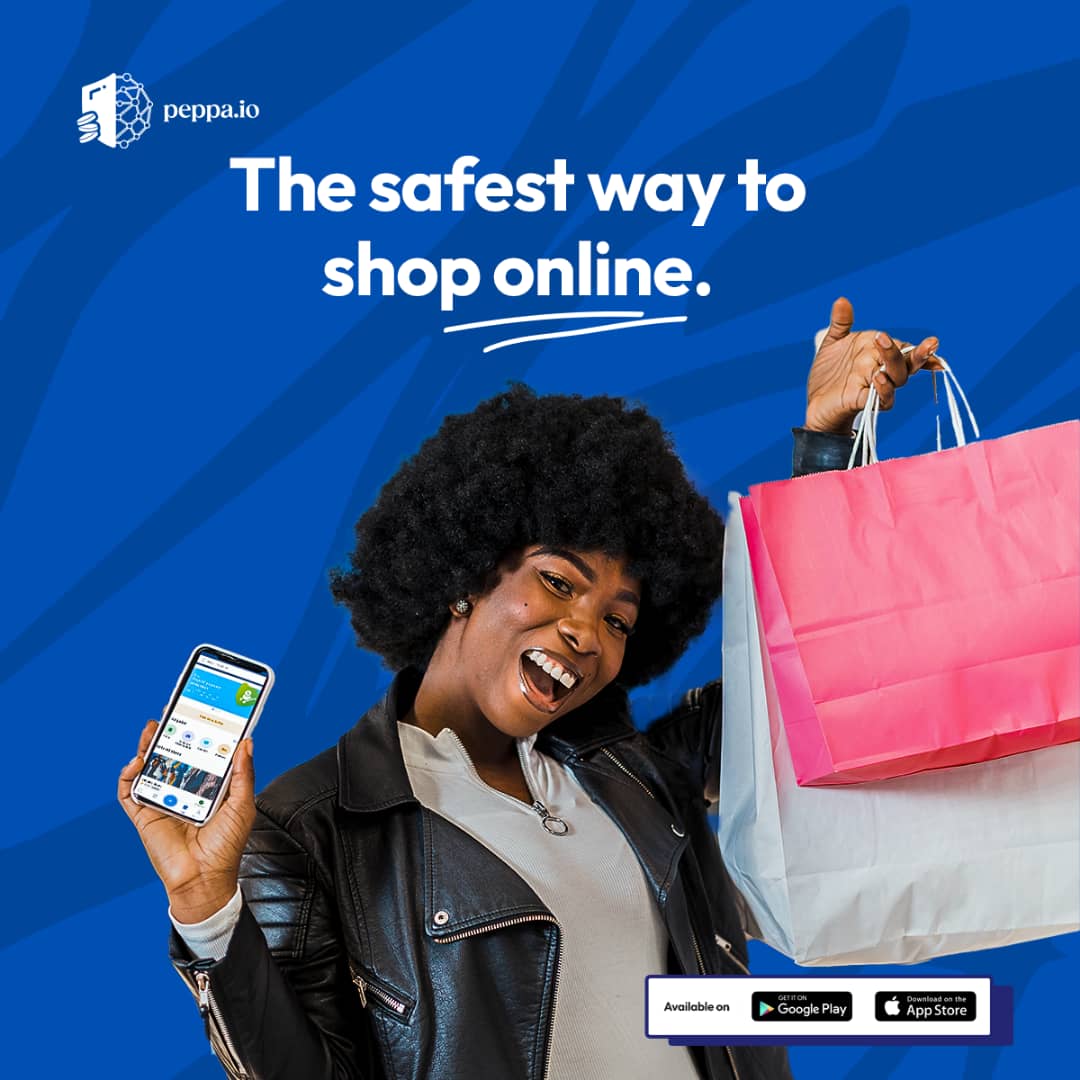How Peppa Is Pushing For Buyer’s Protection In Africa
The world has become a global village in the context of business. This is owed to the power of the internet which has in turn given room for the emergence of social media to enhance communication and improve connection. This digital evolution is taking a great turn in the African continent as we can see businesses taking to social media to grow sales.
Africa is home to over 1.4 billion population, with 81.93% and 5.21% of the population accounting for Facebook and Instagram, respectively. These are the two most popular social media platforms that Africans use daily for varying purposes. Let’s not forget that young people are the most frequent users of social media and Africa accounts for the youngest population in the world. In the sequel to this data, Africa is well-positioned as the major adopter of social media.
Understanding The Business Of Social Media In Africa
The inadvertent global pandemic of 2020 changed the status quo of the function of social media, as businesses across the world took to different social media platforms to topple the lockdown and sell products to the available social media users. The twist of the pandemic brought about the turn to how social media is used, hence increasing the growth of social commerce in Africa.

Today, there is a proliferation of various businesses on social media platforms like Facebook and Instagram. This is evident across countries in Africa – with Nigeria, South Africa, Kenya, Ghana, Tanzania, and Botswana leading the pack of countries where social commerce has been prevalent in Africa. There is no product you want to buy in any of these countries that you will not get on various social media platforms.
Popular products that social media sellers (vendors) have for sale on these social media platforms include groceries, electronics, bags, shoes, clothing, cosmetics, phones, laptops, etc. This has invariably had a significance on the level of patronage of physical stores which mostly falls short of factors like convenience and price comparison. But because social commerce provides buyers with these benefits, it has piqued the interest of many African buyers to take to social media for their purchases.
Despite the benefits of buying products on social media, African buyers are still facing the challenges of delays in delivery, low-quality products, and even loss of funds due to some social media sellers that are fraudulent and unreliable. This drawback has been a major woe of the social media business. This is the culmination of a domino effect on sellers reneging their promises to deliver products as agreed upon after buyers have made payment. This issue has pushed many African buyers using social media back to purchasing products from physical stores – because of a lack of trust.
Understanding Buyer’s Protection In Africa
It is common knowledge that major social media platforms like Facebook and Instagram have a buyer’s protection policy that is entrenched in the buying and selling of products on Facebook Marketplace and Instagram. But this policy has a deficit of covering buyers that buy products outside the Facebook Marketplace. This means that the Facebook buyer’s protection policy does not support buyers that make direct purchases from social media vendors. Hence calls for concern.
It is noteworthy that the preponderance of social commerce buyers makes purchases outside Facebook Marketplace. This, in turn, makes a large number of buyers vulnerable to the pitfalls of buying on social media. But in all of these worries and concerns, there is a silver lining. That’s Peppa!
What Is Peppa?
Peppa is a peer-to-peer (P2P) social commerce platform on which people can buy and sell different products. Peppa comes as a viable alternative to buying products on social media, with its intuitively designed Peppa Hub on which you can buy different products at the best prices.
In addition, Peppa has an online storefront that enables sellers to set up their customized online store on the platform to sell to the teeming Peppa users and other users outside the platform. Peppa enables its users to link their Instagram business page to their storefront to help them grow their sales and maximize profits.
While Peppa is providing a P2P marketplace for African buyers and sellers, the growing concerns of agreement breaches between social media buyers and sellers have elicited innovation in making payments safe and secure by the platform.
How Peppa Helps Buyer’s Protection In Africa
Peppa enhances payment security and buyer’s protection with the development of an escrow system that acts as the neural middleman between social commence buyers and sellers in Africa. It works to protect the payment of social media buyers while it improves the commitment of sellers to treat their customers with a good level of empathy.
How the Peppa escrow system works in that it receives and locks the payment that a buyer made to the seller for a particular product. The money is transferred to the escrow account and it will remain there until the seller delivers the product(s) that the buyer paid for satisfactorily. So this works in a way similar to the return and refund policy of Facebook and Instagram. If you (the buyer) are not satisfied with the product or the seller did not deliver the product as and when due, you are the volition to request a refund of your money from the escrow account.
Therefore, an end has come to the worries of paying for a good-quality product and you get a low-quality one and neither can sellers delay their delivery. Peppa ensures buyers’ protection in protecting their funds and buying original products without faults.
Conclusion
Buyers are kings and their satisfaction must be a top priority for sellers, irrespective of the channel of trade. This is why Peppa is championing the cause of reinforcing buyer’s protection to give them the right to the best and safe product delivery.
Download the Peppa app on Google Play Store or Apple Store to ensure your buying protection on social media.